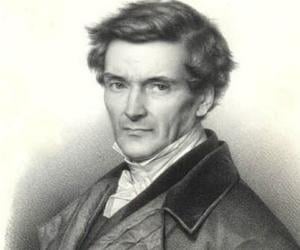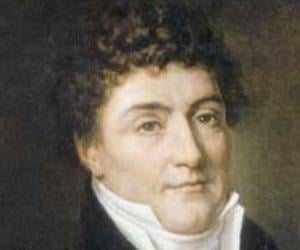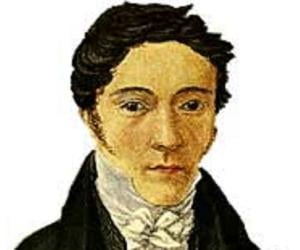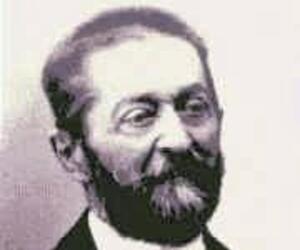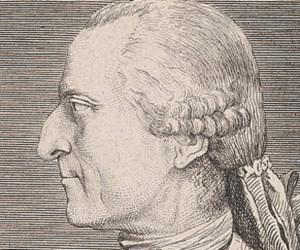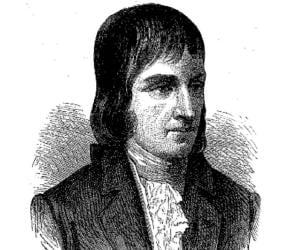1
Marc Isambard Brunel
(French-British Engineer Who Constructed the 'Thames Tunnel')
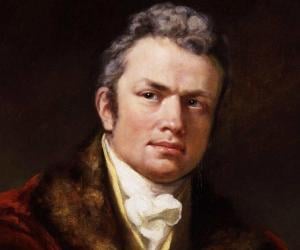
15
3
Birthdate: April 25, 1769
Sun Sign: Taurus
Birthplace: Hacqueville, Normandy, France
Died: December 12, 1849
Marc Isambard Brunel was a renowned French-British engineer known for his innovative contributions to civil and mechanical engineering. His notable achievements include the construction of the Thames Tunnel, a groundbreaking project at the time. Brunel's expertise extended to designing machinery for the Royal Navy, showcasing his versatility as a mechanical engineer. Despite his preference for the name Isambard, he is commonly referred to as Marc in historical records to differentiate him from his illustrious son, Isambard Kingdom Brunel.
